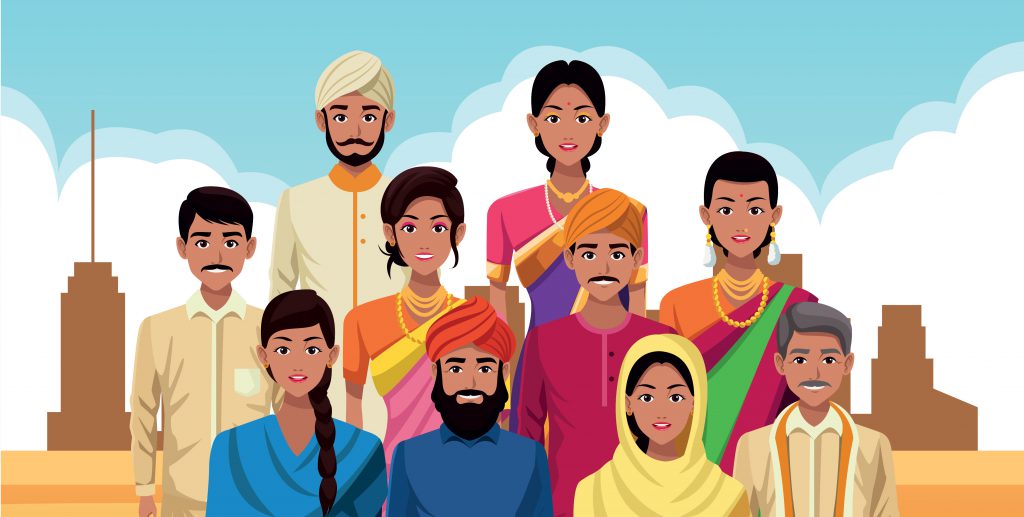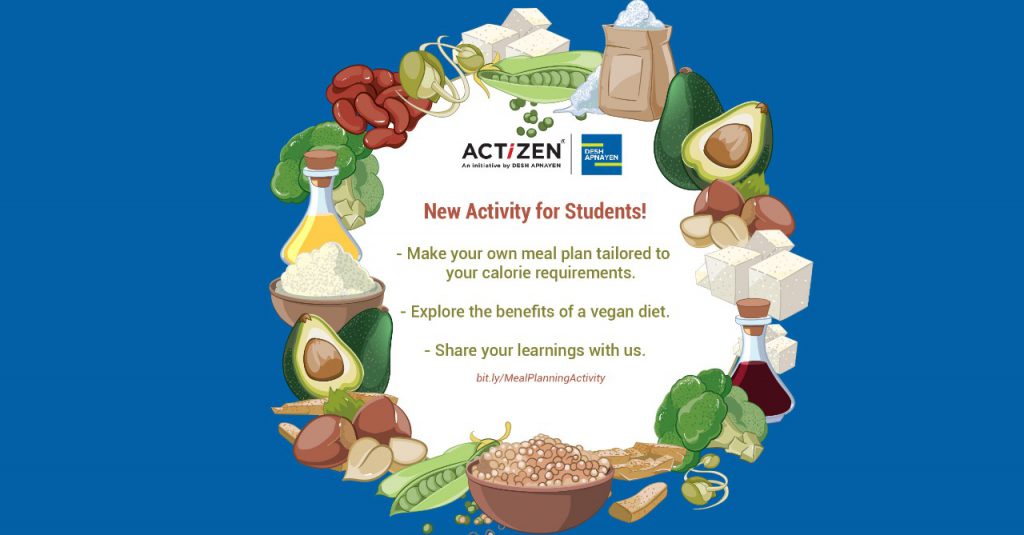November Activity – Rules And Laws
EXPECTED OUTCOMES
- Students will be exposed to the concept of law.
- Students will understand the value of law and rules in social life.
- Prepare students for future citizenship.
Skills – Team Spirit, Communication skills, Critical Thinking skills
SESSIONS’ OVERVIEW
| S. No. | Session Details | Estimated Time Required |
| 1. | Teachers kindly follow Steps 1, 2, and 3. | 45 Minutes |
| 2. | Teachers kindly follow Steps 4, 5, and 6. | 45 Minutes |
STEPS OF THE ACTIVITY
Period 1
Step 1: Introduction
Step 2: Explain and conduct the activity
Step 3: Planning for the next class & homework
Step1:
Introduction
Teachers are requested to introduce the topic and then ask a few questions, like-
- Have you heard of any law which you can name?
- List some school rules that you know.
- What is the difference between 'laws’ and ‘rules’?
Have a class discussion on the given questions.
Later, the teacher can tell students that we just discussed some rules and laws followed in our country and school. But, do you know that all over the world laws and rules are made and followed. Today we are going to enlighten ourselves with some laws and rules followed in other countries of the world and compare them to those of our country’s.
Singapore is well known for its clean cities. Are there any laws for its citizens which help it to maintain such clean cities? Discuss, if they know anything, or else explain students as to how they maintain such neat cities with the help of a small video.
Step 2:
Video watching
Let us watch a video to understand one such law.


After watching the video ask questions, like-
- Do you think we can implement such laws in India? (Like fine people for throwing rubbish on the road)
- What do you think will be the pros and cons of having such laws in place in India?
Conduct a class discussion on the same.
Discussion will be on the Pro and Cons of such laws in the Indian system.
Teachers are requested to write the important points of the discussion on the board as a ready reckoner for students.
After the discussion activity, the teacher will make new groups and plan for the next class.
Step 3:
Research & Presentation plan for the next class
Teacher will divide the class into 4-5 groups. Each group will discuss the presentation and mutual work distribution among themselves. They will research the topic and give their opinion in the presentation in the next upcoming class. Presentation can be made either verbally, or through power point or any other medium of their choice.
Research Work:
Explore and find out about laws and rules followed in other parts of the world. Student groups can choose any country of their choice. They can select any rule that interests them and they want to be implemented in India.
They can select from the given topics for research and presentation:
- Cyber Security Reference link: https://youtu.be/XOAPofe_5SM
- Traffic rules Reference link: https://youtu.be/Z8wNqOsxaIM
- Education System Reference link: https://youtu.be/w41koarq85k
- Crime against children Reference link: https://youtu.be/mGaqmFuVRfI
Note:
- If students wish to take any topic other than those mentioned above, they need to take approval by the teacher.
- Reference links are only for guidance purpose. They can refer to other information related to the topic.
- This activity is not meant to belittle any country or its law. It is only undertaken to improve information and skills of the students.
Presentation can include the following:
- Details of the law/rule.
- Name of the country.
- Positive & negative points about it.
- Reflections on the Indian scenario with such a law in place.
- Mention any new law they want as citizens of the country.
Students will research the topic for homework and come prepared for the presentation in the next class.
Period 2:
Step 4: Main Activity – Presentation
Step 5: Debrief
Step 6: Reflection sheets & Feedback form
Step 4:
Main Activity
- Student representatives from each group will come forward to give the presentation.
- Each presentation can be 3-4 minutes long.
- After each presentation, teachers are requested to discuss important points and write them on the board.
- Appreciate students’ effort and hard work.
Step 5:
Debrief
The teachers are requested to debrief the session by explaining how the various countries of the world have laws that are providing their citizens with safe, secure, clean, and happier social environment.
The teacher can debrief the session further with questions like:
- Without law, what would our country look like?
Expected answers:
Chaos: You should look both ways before crossing the street because no one else will!
No Rules: There is no code of conduct, so anything goes.
No Rights: With no laws to protect you, you are lucky to make it if you are different from everyone else.
No Justice: If the jury does not know whether the law has been broken or not, there shall be no justice.
No Order: Anarchy shall follow since nothing stops one from doing what they want!
No Protection: There is no one to watch over us or ensure our safety, so beware of robbers and thieves.
No Freedom: Without laws to guide us and provide justice, we shall be limited in our lives.
In short, without laws and a legal framework in society we would have chaos, anarchy and absolutely no rights or even a civilised society for that matter.
- Laws can be changed to reflect the changing needs of the society which is why they are so important? What do you think?
After the main discussion, the teacher can add the obvious reasons because of whic we need rules and laws in our society.
Homework (optional)
You can study how the citizens are sharing their thoughts on making new laws in India and how the Government is taking these suggestions?
Students can visit the given web portal and share their experience in the class.
Reference links:
MyGov - Citizen Participation towards Good Governance| National Portal of India
Step 6:
Reflection sheets & Feedback form
Teachers to kindly fill in the feedback form and remind students also to fill up the reflection sheets.




